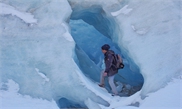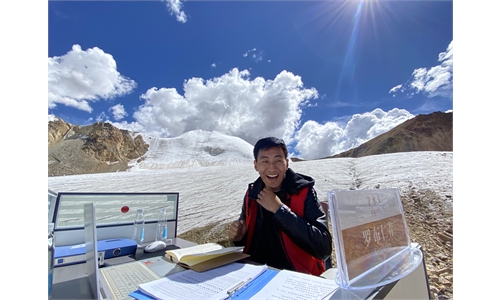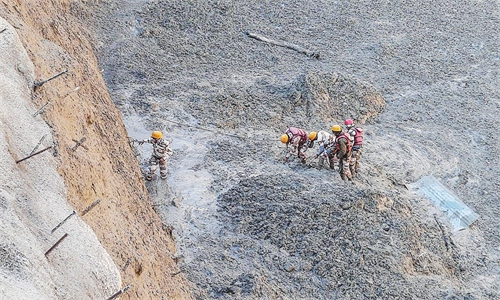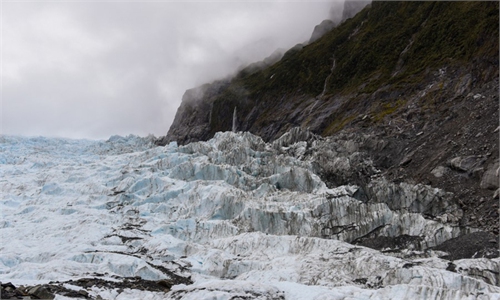Climate change eats into ice sheets around the globe
World’s glaciers melting faster
Nearly all of the world's glaciers are losing mass - and at an accelerated pace, according to a new study published Wednesday that could impact future projections for ice loss.
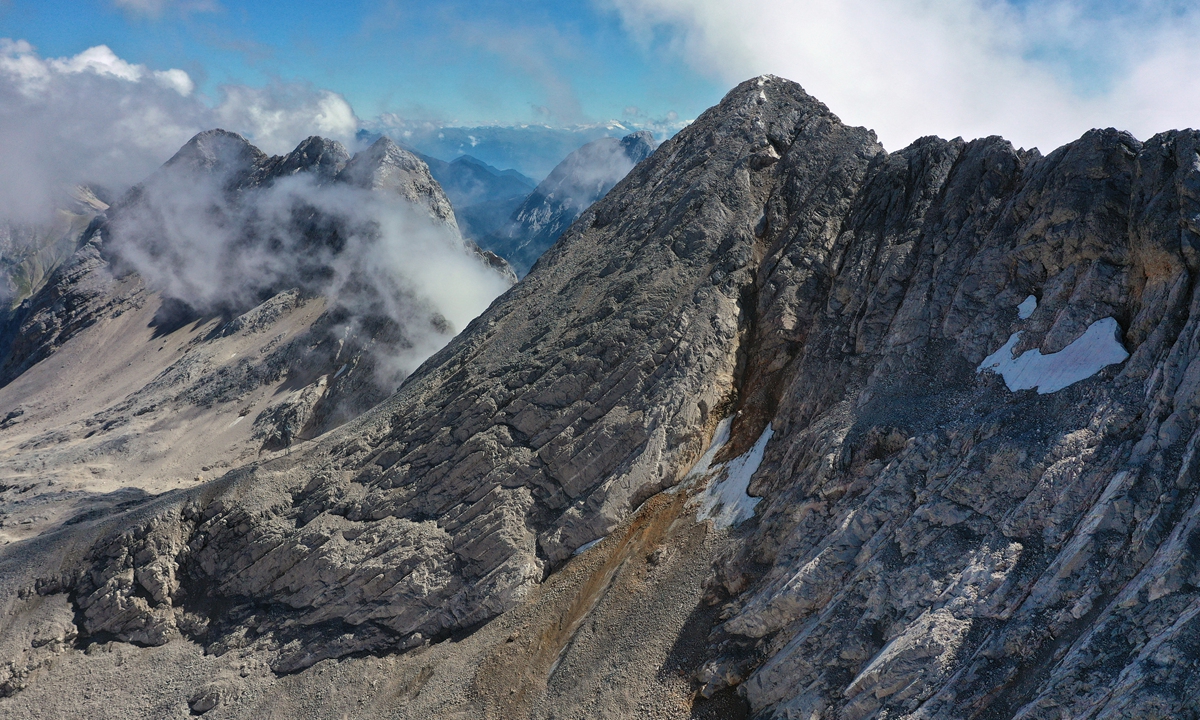
A gigaton of ice would fill New York City's Central Park and stand 341 meters high.
The researchers also found that glacier mass loss accelerated. Glaciers lost 227 gigatons of ice annually from 2000 to 2004, but that increased to an average of 298 gigatons each year after 2015.
The melt was significantly impacting sea levels by about 0.74 millimeters a year, or 21 percent of overall sea level rise observed during the period.
Glaciers tend to have a faster response to climate change compared with ice sheets in Greenland and Antarctica, and are currently contributing more to sea level rise than either individual ice sheet, scientists said.
The study could fill important gaps in understanding about ice mass loss, leading to more accurate predictions, said coauthor of the study Robert McNabb, a remote sensing scientist at Ulster University in the UK. Previous studies looking at individual glaciers only account for about 10 percent of the planet, he said. Scientists have long warned that warming temperatures driven by climate change are eating into glaciers and ice sheets around the world, contributing to higher sea levels that threaten the world's populous coastal cities. The latest reports by the Intergovernmental Panel on Climate Change project that future sea levels will rise by more than a meter by 2100.
Some glaciers in Alaska, Iceland, the Alps, the Pamir mountains and the Himalayas were among the most impacted by melting, researchers found. Glaciers with surrounding communities provide an important water source and their decline could lead to serious food and water shortages.
"Those areas are seeing a rapid pace of glacier melt that could be fairly worrying," McNabb said. "We get this increase in melt and that actually increases the availability of water that comes in these rivers... but the problem is, after a period of time, that stops increasing and then decreases fairly rapidly," he added.
Rising temperatures widely believed by scientists to be the result of human emissions were inevitably leading to more ice loss, McNabb said.

A drone dwindling remains of the Southern Schneeferner glacier (C, covered in gravel, and R) cling to the cliffs of the Zugspitze plateau (Zugspitzplatt) on September 08, 2020 near Garmisch-Partenkirchen, Germany. Photo: VCG
The study in the science journal Nature provides one of the most wide-ranging overviews yet of ice mass loss from about 220,000 glaciers around the world, a major source of sea level rise. Using high-resolution imagery from NASA's Terra satellite from between 2000 and 2019, a group of international scientists found that glaciers, with the exception of the Greenland and Antarctic ice sheets which were excluded from the study, lost an average of 267 gigatons of ice per year.A gigaton of ice would fill New York City's Central Park and stand 341 meters high.
The researchers also found that glacier mass loss accelerated. Glaciers lost 227 gigatons of ice annually from 2000 to 2004, but that increased to an average of 298 gigatons each year after 2015.
The melt was significantly impacting sea levels by about 0.74 millimeters a year, or 21 percent of overall sea level rise observed during the period.
Glaciers tend to have a faster response to climate change compared with ice sheets in Greenland and Antarctica, and are currently contributing more to sea level rise than either individual ice sheet, scientists said.
The study could fill important gaps in understanding about ice mass loss, leading to more accurate predictions, said coauthor of the study Robert McNabb, a remote sensing scientist at Ulster University in the UK. Previous studies looking at individual glaciers only account for about 10 percent of the planet, he said. Scientists have long warned that warming temperatures driven by climate change are eating into glaciers and ice sheets around the world, contributing to higher sea levels that threaten the world's populous coastal cities. The latest reports by the Intergovernmental Panel on Climate Change project that future sea levels will rise by more than a meter by 2100.
Some glaciers in Alaska, Iceland, the Alps, the Pamir mountains and the Himalayas were among the most impacted by melting, researchers found. Glaciers with surrounding communities provide an important water source and their decline could lead to serious food and water shortages.
"Those areas are seeing a rapid pace of glacier melt that could be fairly worrying," McNabb said. "We get this increase in melt and that actually increases the availability of water that comes in these rivers... but the problem is, after a period of time, that stops increasing and then decreases fairly rapidly," he added.
Rising temperatures widely believed by scientists to be the result of human emissions were inevitably leading to more ice loss, McNabb said.
